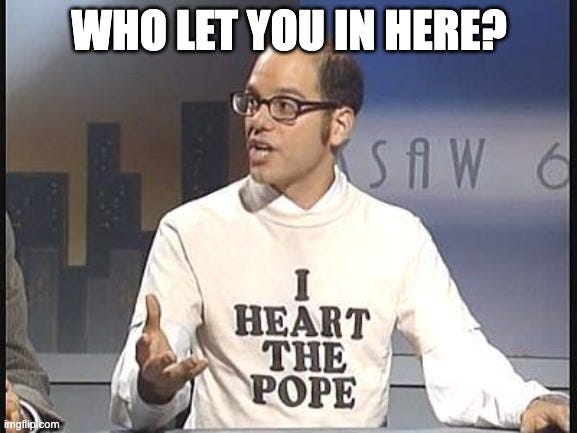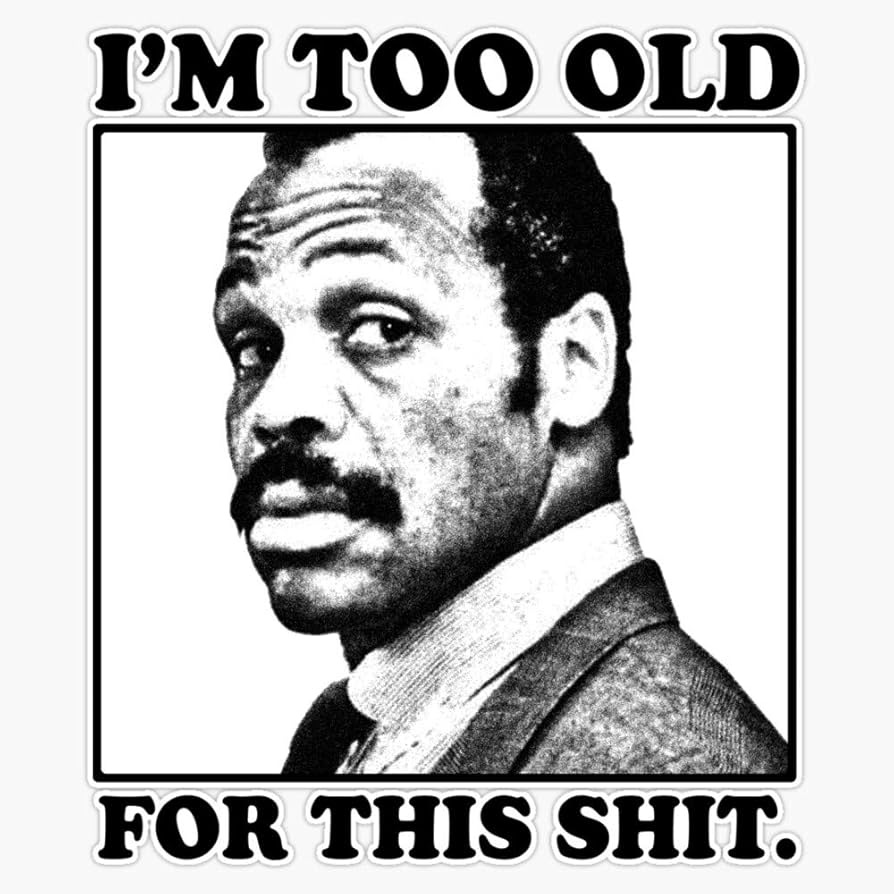This past October, I turned 42. This year marked my third year as a Mom, my ninth year as a stepmom, my fourth year as an indie author and my thirtieth year as a writer.
In all of those years that have passed you can say I've had my fair share of lived experiences. My fair share of trauma. Pardon me while I chuckle a bit at the word fair.
In the last thirty years as a writer, I’ve seen it all. I’ve seen the industry shape-shift and change to become unrecognizable to what it was when I was that bright-eyed adolescent kid who started submitting poetry to magazines that were popular toilet-reading fodder, before we had cellphones for that.
In many podcast interviews I’ve been asked when I knew I wanted to be a writer/when did I start writing/or some variation of that question. It’s a fair cop, it makes a nice icebreaker. I know I’m being asked this as a nicety, to get a sense of how long I’ve been at it, or maybe to have me reflect on how far I’ve come, or at least give the authors who are listening a sense that they can relate to me if they have a similar story. For whatever the reason the interviewer has for asking, I will answer it. But I will make a point to do it differently every time.
Who I think I am:
Because I’m not necessarily a rare breed in the regard that I’m one of those annoying writers who started a long-ass time ago and made writing my entire personality. I didn’t start during Covid. I didn’t just start writing to build a brand. I didn’t do it because I got laid off from my lucrative corporate job and needed something to fill the time. I did it with a genuine interest and love for the craft that spans decades. Nah, not love, obsession. Which I will admit has also evolved over those thirty years.
My early experiences:
I have this sweet story I tell about when I was in fifth grade and met Judy Blume while part of The Young Authors program at my elementary school. A group where they herded the masking neurodivergent children who didn’t have an IEP or diagnosis and needed somewhere to showcase their talents where it didn’t hurt the sensibilities of the other children. Also it was a perfect way to occupy their time and excessive bodily and mental energy and boost their fragile ego and force them to go to the library.
I didn’t hate that experience obviously, and whatever the motivations were behind it I feel that I got a few things out of it. One was a sense of a accomplishment. I “published” two “books” while in that program. Essentially glorified comic strips with ISBN numbers and hard covers that you could check out of the library. But just like that, I could say I was a published author and that my books were on library shelves.
The whole thing culminated into a “conference” where we met with other members of this small society of weirdos and there was a panel of FAMOUS writers for us to meet. Judy-freaking-Blume was there and I was starstruck. I struck up a silly conversation with her where I begged her advice. I needed to be just like her and right away. I needed this author thing to be my vocation.
And I’ll never forget what she told me, that if I had a story inside me to tell that I should tell it, and that was all I needed to do in order to become an author.
Waking up in the real world:
Don’t be mad at Judy Blume. She didn’t know what she was doing. I was just a little kid, all the stuff I needed to know to become an author like her would come with time and education that I would get because my life would go in a perfectly straight line and nothing would ever attempt to get in my way.
But I did get to writing my “story.” I wrote all kinds of versions of it: poetry, fictionalized accounts, one act plays, radio-plays, makeshift movie scripts.
But the writer I was when I was twelve is not the writer I was in my twenties.
Someone who boarded a plane to move to the other side of the country to go to school for writing, teaching, theater, improv, and the arts, where I was certain they would hand me a guidebook at graduation and point me in the direction of how to become a a full-time writer
And they did…sort of.
So what happened?
Life. Life happened. And the writer I was in my twenties would be equal parts proud at what I’ve accomplished since but also dismayed at what I’ve endured, I’m certain.
Obviously, I chose violence with this post and with a bit of a chip on my shoulder. And as I age my references get more dated, my understanding and perception of the world starts to shift. My truth is sometimes ugly and I find myself at a loss, at times, about what it all means and what I’ve been working so hard for?
Because when you’re at something for thirty years, you think you might “get good” at it, at some point. Right? I mean I thought so. Judy Blume thought so. My high school creative writing teacher thought so. The professors I co-taught with thought so. The readers who give my books five stars think so.
And while I’ve been told I’m “good” other people roll their eyes. People with different tastes, sensibilities, or just a different approach to the whole thing. But these are the people who know best, somehow, and I know nothing.
And sure, it’s always a matter of taste they say. It’s just people making snap judgements. It’s just that I haven’t found my audience yet. I get reassured about as often as I get slapped down, but like the great man said:
What does it all mean?
I’ve recently been asked to judge submissions from short story writers for a small publication. In an effort to preserve the anonymity of those involved, I won’t share any details outside of the fact that this shit is hard. Beyond wanting to help writers get published and improve, I did it because I wanted another glimpse behind the curtain. I wanted to see how the sausage was made. I wanted to see what goes into rejection, disqualification, and critique. And I wanted to see the stark difference between good and bad writing. Am I getting all of that? I’m not saying everything is done the way that I’m used to or even how it should be done, but I will say that it has been………………….interesting ……..………….to learn how things are done. And once again it’s really shown me who I am.
Who am I? I’m a person who HATES the fourth wall.
If you don’t know what I mean by fourth wall, I’m using it as a metaphor here. Technically, the fourth wall is the invisible barrier between performer and audience. But fourth walls in a greater sense can be a form of gatekeeping.
There’s a ton of gatekeeping that exists in the publishing world and in my opinion in an effort to break down barriers we’ve not succeeded and only made it worse.
Reading all of this, you might be dismayed to know that people over the years have said things to me like:
“Well, you don’t understand because you’re inexperienced.”
“Well, I used to live in California, so I know a lot about how the industry works.”
“You just keep doing what you’re good at and leave the rest to us.”
“Who let you in here?”
I added that last one.
I don’t like the fourth wall between me and the industry as a whole, between me and other authors, between me and more “experienced” industry leaders who get more “experienced” every day on the jobs that fell in their laps.
When we really get to know people, who they are, what they can accomplish, we either see them as friends, as people we can learn from or help out, OR wee them as perpetual minions and numbers that boost our visibility.
If we do the latter, we don’t see them as people who have struggled and worked hard. And we don’t want to. And when they start to learn things, we toss them aside for people who are greener and easier to fool.
Wait, who is we?
I’ve been around the block eleven times and according to some, it’s still my first rodeo somehow.
Why? It’s a perpetual game of chicken:
Anyway, despite all of my experience and hard work, I keep being told I don’t know what I’m talking about. I’m gaslit when I see unfairness and injustice in the community.
But don’t worry. I’m not going to stop raising hell because when I see something I say something.
As a neurodivergent person who writes as a form of advocacy, as a form of protest, in a dying democracy, I’m going to continue to be a pain in the ass, in the way that I know how, by telling my story, whether people are listening or not.





